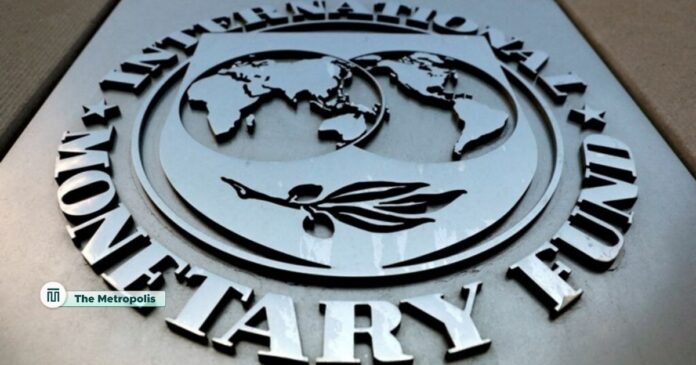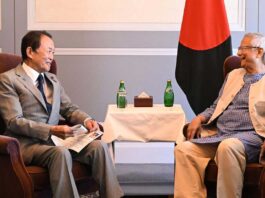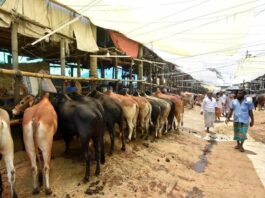With the economy, production, and supply slowing and inflation still high, Bangladesh is enacting more VAT and duties on a number of necessities under pressure from the International Monetary Fund, or IMF.
Products that will be subject to the tax increase include medications, powdered milk, biscuits, juice, fruit, soap, sweets, internet use, mobile phone calls, hotel and restaurant meals, airline tickets, cigarettes, and tobacco.
The National Board of Revenue’s (NBR) VAT office abruptly decided to keep forex reserves in the middle of the fiscal year as part of a $4.7 billion loan agreement with the IMF.
Initially, a 15 percent VAT was proposed on 43 different types of goods and services, according to a press release issued by the NBR on Wednesday. The VAT rates for these goods and services are currently 7.5 percent and 5 percent, respectively.
At the advisory council meeting that day, which was held at the Chief Advisor’s Office, the proposal to raise VAT was brought up, and an NBR VAT official confirmed that it had been approved in principle.
The proposal would increase the current 5% VAT that air-conditioned restaurants pay on food bills to 15%. The proposal suggests increasing the 7.5 percent VAT for ready-made clothing stores to 15 percent.
The VAT on services and sweets in hotels without air conditioning will go up from 7.5% to 15%.
Additionally, the proposal imposes a 15% VAT on transformers, tissue paper, CR coils, biscuits, pickles, and Bangladesh Road Transport Authority (BRTA) driver’s license cards during the production phase.
Additionally, the government has decided to impose a turnover tax, which is based on the annual turnover of commercial establishments.
Turnover tax is currently only paid on yearly turnovers between Tk 5 million and Tk 30 million. Additionally, companies with turnovers between Tk 3 million and Tk 5 million are subject to the proposal’s turnover tax. According to the proposal, a 15% VAT will be applied to the sales of all goods and services produced by the company if its yearly turnover exceeds Tk 5 million.
There is a proposal to raise the current 20 percent supplemental duty on spirits bills to 30 percent. Fruit juice now has a supplemental duty of 30 percent instead of 20 percent, tobacco from 60 to 100 percent, and betel nut from 30 to 45 percent at the import stage.
Additionally, there has been a proposal to increase the supplemental duty on mobile phone talk time.
Air ticket excise duty may go up. In this instance, the excise tax on domestic flights could be raised from Tk 500 to Tk 700, and the excise tax on international travel to SAARC nations could be raised from Tk 500 to Tk 700.
It is possible to raise the excise duty from Tk 3,000 to Tk 4,000 for travel to Europe and America and from Tk 2,000 for travel beyond SAARC countries but within Asia.
Although the parliament normally passes tax increases, the interim government passed the proposal through an ordinance signed by the president due to the absence of sitting Members of Parliament. Officials anticipate issuing the ordinance next week.
Increasing the tax-to-GDP ratio by 0.6 percent in the current fiscal year was a challenging task for the NBR in order to obtain the fourth tranche of the IMF loan.
In an attempt to ease the previous restrictions, the NBR agreed to raise the tax-to-GDP ratio by 0.4 percent for the current fiscal year during a meeting with the IMF delegation in Dhaka on December 4.
The NBR was forced to accept the condition of raising the tax-to-GDP ratio by an additional 0.2 percentage points in the current fiscal year 2024-25, even though the IMF approved the proposal. This was because the NBR was unable to meet the requirements in the previous fiscal year (2023–24).
Both the NBR chairman and the financial advisor have since advised people to get ready for the impending tax increase.




